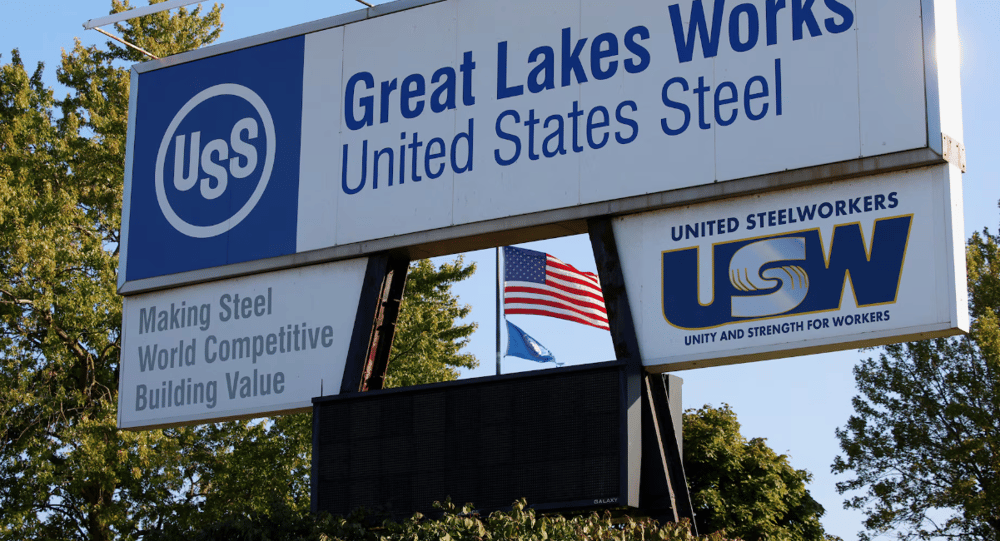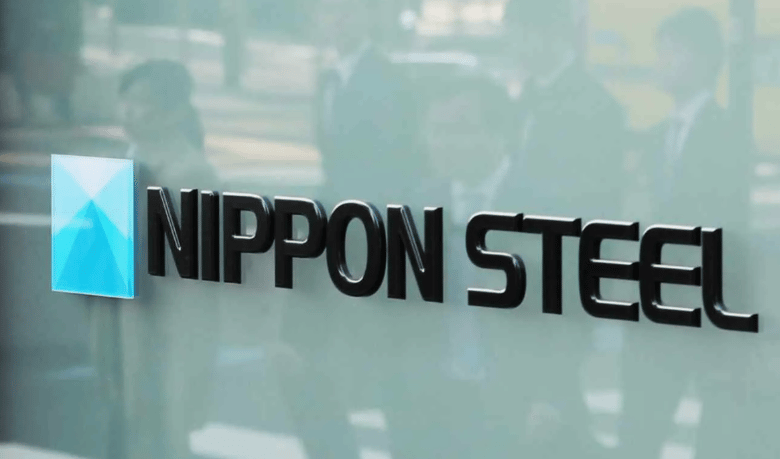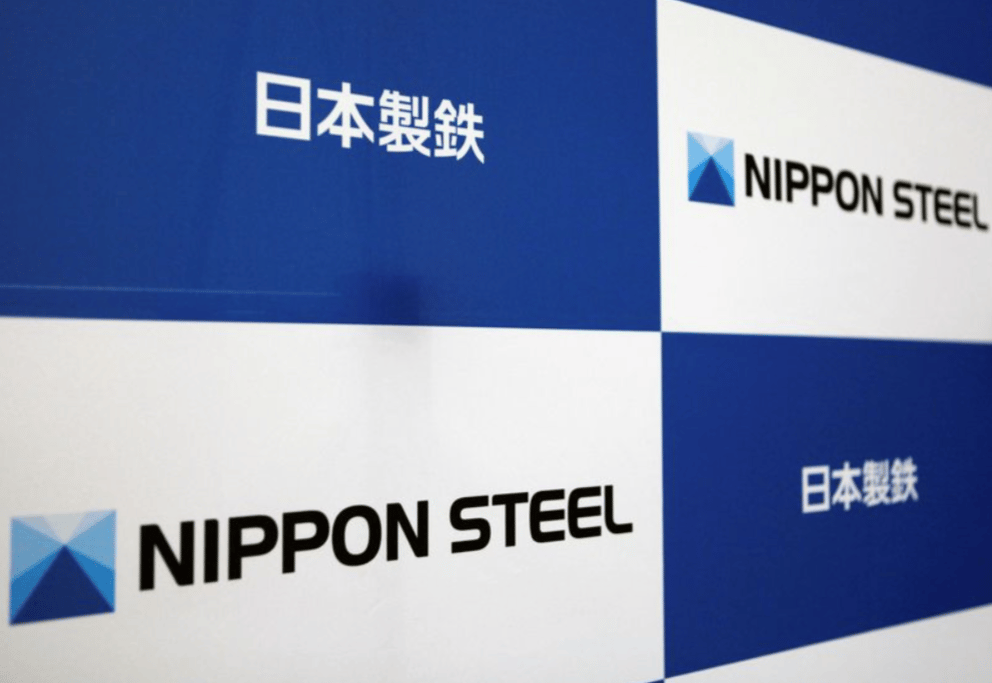Nippon Steel’s $14.9B Bid for U.S. Steel Gains Support from Trump, Sparks Strategic and Valuation Debate
Former U.S. President Donald Trump’s public endorsement of Nippon Steel’s $5401.T proposed $14.9 billion acquisition of U.S. Steel Corporation $X has injected fresh momentum into the controversial cross-border deal. Trump's remarks emphasized the potential economic benefits and job creation tied to the transaction, intensifying scrutiny of both its strategic rationale and the long-term implications for industrial policy and U.S.-Japan corporate relations.
Strategic Framing and Financial Dimensions of the Deal
Announced late last week, the acquisition aims to transform Nippon Steel into a global steelmaking leader with significant U.S. market exposure. The Tokyo-based company plans to acquire U.S. Steel at a premium, reflecting its strategic interest in securing access to North American manufacturing capacity amid geopolitical reshoring trends and protectionist undercurrents.
In a post on Truth Social, Trump asserted that the transaction would generate at least 70,000 new jobs and inject $14 billion into the U.S. economy. While no official confirmation supports these figures, the endorsement may alleviate some political resistance to foreign ownership of an iconic American industrial brand.
However, analysts have raised questions about deal valuation, especially considering recent cost pressures in the global steel sector and the risks associated with political interference or antitrust pushback. Nippon Steel's stock rose modestly on Monday, suggesting cautious investor optimism tempered by concerns over execution risk and capital deployment efficiency.

Quick Facts
Deal Value: $14.9 billion in cash
Target Company: U.S. Steel
Acquirer: Nippon Steel Corporation
Stated Benefits: 70,000 jobs, $14 billion economic impact (per Trump)
Market Reaction: Nippon Steel shares rose slightly after announcement
Geopolitical Context: Ongoing scrutiny of foreign ownership in strategic industries
Extended Analysis: Market Reaction and Policy Implications
Market participants view Trump’s comments as potentially easing political tensions surrounding the deal, which had previously faced bipartisan skepticism in Congress due to concerns over national security and industrial sovereignty. His support, however, reframes the narrative around job creation and economic nationalism, potentially appealing to a pro-growth voter base ahead of the 2024 election cycle.
On the corporate side, Nippon Steel’s expansion strategy aligns with broader trends of vertical integration and regional diversification. By acquiring U.S. Steel, the Japanese company could hedge against rising raw material costs, benefit from U.S. infrastructure investment packages, and improve margins through operational synergies.
Investors remain divided. While the deal may unlock value through synergies and geographic balance, the high acquisition cost and uncertain regulatory path remain critical risks. Moreover, foreign-led acquisitions of strategic U.S. assets have historically faced CFIUS (Committee on Foreign Investment in the United States) reviews, adding complexity to the timeline.

Key Points
Political Backing: Trump’s endorsement adds momentum but may polarize perception of the deal.
Strategic Fit: Nippon Steel gains manufacturing foothold in the U.S., reducing geographic concentration risk.
Valuation Concerns: $14.9B price tag reflects a significant premium, raising questions on capital allocation.
Regulatory Risk: Potential review by CFIUS could delay or block the deal.
Investor Sentiment: Mild share price appreciation reflects tentative optimism amid valuation skepticism.
A Politically Charged Acquisition with Global Implications
The proposed acquisition of U.S. Steel by Nippon Steel—now backed publicly by former President Trump—represents more than a corporate transaction. It signals the increasing intersection of industrial strategy, global trade, and domestic politics. While Nippon Steel may benefit from expanded capacity and market access, the deal’s ultimate success hinges on regulatory approvals, integration execution, and macroeconomic resilience.
Given the symbolic weight of U.S. Steel in American industrial history and the elevated geopolitical sensitivities surrounding foreign investment, this acquisition will likely remain under close observation by both investors and policymakers globally.















Comments
This sale could significantly influence the trajectory of automation within the tech industry